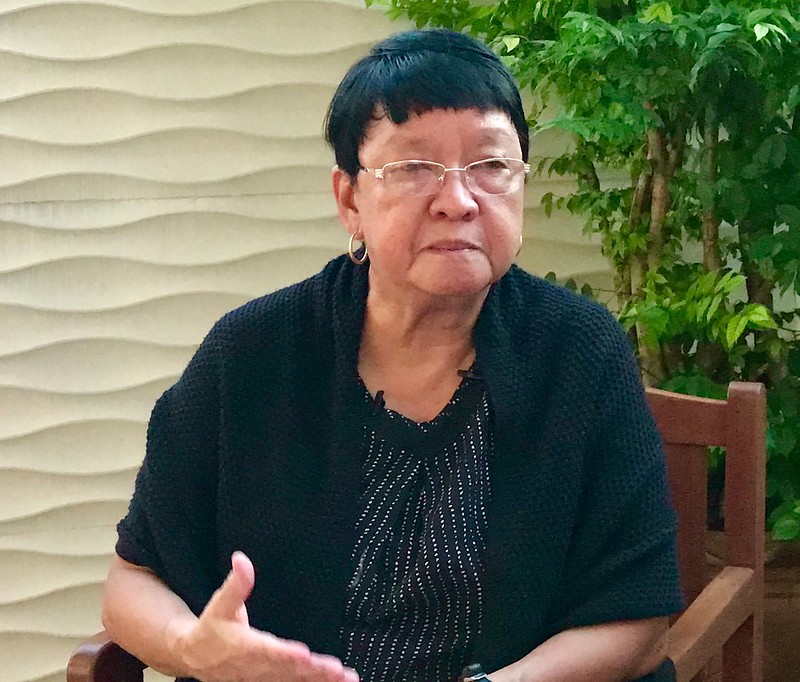Shobha Shukla, CNS (Citizen News Service)
Foreign investments in Myanmar's garment industry have increased six-fold from K2.2 billion (S$ 2.3 million) in 2007 to K12 billion in 2012. The increasing amount of investments by foreign companies, including famous garment brands are believed to be driven by low labour cost, a vast workforce and low production costs in the country. According to a report from the Myanmar Garment Manufacturers Association, the total investment in Myanmar was valued at US $1.7 billion in 2015, representing an annual increase of 8.7%, which reached $2.2 billion in 2016.
Foreign investments in Myanmar's garment industry have increased six-fold from K2.2 billion (S$ 2.3 million) in 2007 to K12 billion in 2012. The increasing amount of investments by foreign companies, including famous garment brands are believed to be driven by low labour cost, a vast workforce and low production costs in the country. According to a report from the Myanmar Garment Manufacturers Association, the total investment in Myanmar was valued at US $1.7 billion in 2015, representing an annual increase of 8.7%, which reached $2.2 billion in 2016.
















